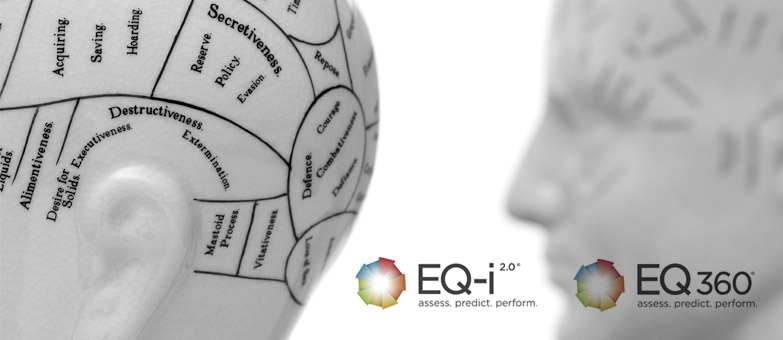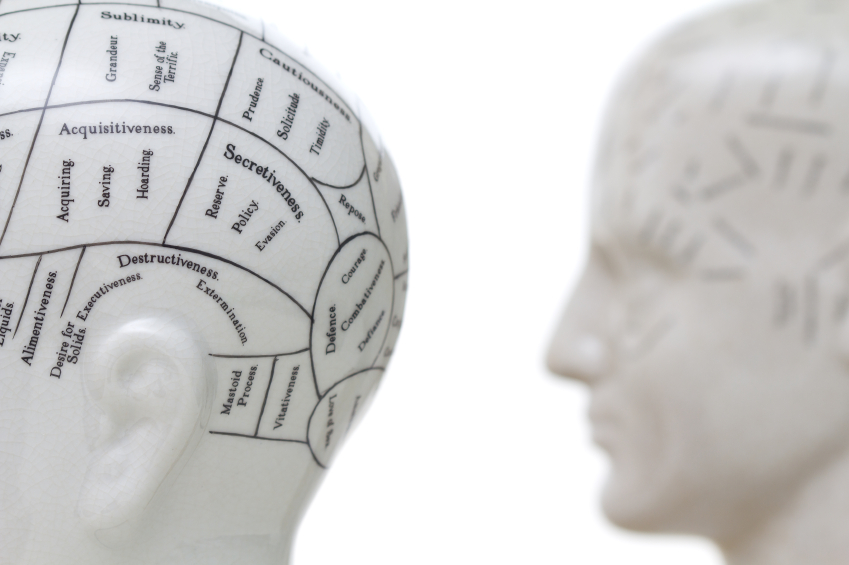You are your life’s work
When Daniel Goleman published Emotional Intelligence in 1995, it spent over 18 months on the New York Times bestseller list. Whilst many have devoted time and energy to researching and explaining the nature and value of emotional intelligence, Goleman has done more perhaps than any to place it firmly on the map.
We’ve got used to hearing that emotional intelligence (EI) is a better predictor of success than, for example, IQ. But knowing its potential value is one thing. Doing something about it is quite another. It turns out that working on your EI (which means you working on you) requires three things:
- Awareness – you need to know how you are functioning emotionally
- Volition – you need a reason to do something about it
- Capability – you need to know how to make adjustments
Awareness – paying full attention
Whilst definitions of EI vary, most people agree that it encompasses the emotional, social and interpersonal capabilities that inform how we manage ourselves, interact with others and respond to our environment. Whereas personality is fairly stable through time, EI is open to being developed or trained. But first, you need to be clear how you are doing right now.
You can do a lot simply by learning to pay attention to yourself. Monitoring your responses to interactions, or stimuli, will tell you much about how your EI is currently set. For example, if you find it hard to stop talking, interrupt others, or can’t resist buying new stationery then perhaps your ability to manage your impulses is a little low. Alternatively, if you feel comfortable and confident expressing your thoughts, feelings or beliefs in almost any setting, then perhaps you have really healthy assertiveness.
Paying full attention is helpful but sometimes insufficient for achieving real depth of self-awareness. That’s where diagnostic tools can be really useful. They provide a set of questions that enable you to pause and consider your emotions, and a framework for understanding the results.
Volition – why bother changing?
Perhaps you sense is that some of your EI capabilities aren’t as well developed as others. What then? Unless you have a healthy motivation to make adjustments, the chances are you won’t! Because much of our emotional functioning can feel habitual, it matters still more that you have a strong reason for making changes and trying to improve.
Reasons for changing or adapting our EI include: a desire to enhance our performance; dissatisfaction with some relationships; responding more positively to challenges; making better decisions; or spending less money on stationery!
Capability – working on yourself
Knowing you’re impulsive with something of a stationery habit (I write here from personal experience) is one thing. Doing something about it is quite another. Even with a healthy reason to change (there are only so many places to hide new notebooks and pens before you’re rumbled) you might need some props, nudges or support to make adjustments.
If it’s impulsiveness you want to work on, then you might develop variations on ‘count-to-ten’ techniques. Or perhaps you’ll use ‘self-talk’ – rehearsing things in your mind and questioning them before speaking or acting. If you feel you need to improve your empathy, perhaps you’ll begin first by practising your listening and observational skills. Maybe you’ll put more energy into tuning-in to others without making assumptions or judgements about what they’re thinking or feeling.
Where adjustments feel really difficult or if you are struggling for ideas, then coaching might be an option. This can be particularly useful when you want to enhance EI in concert with your overall development as a leader, for example.
EI and Leadership: It’s all about enhancement and balance
Optimising you as you is the secret of success in leadership. And the biggest clues to optimisation come from enhancing your emotional functioning and achieving balance within your EI. This last point is crucial. Having a real strength in EI terms – for example really high stress tolerance – may be a problem if it is out of kilter with other aspects of EI. You may have a high breaking point, but if your interpersonal and empathy functioning are less well developed, you might have no clue about other people’s tolerance for stress.
But beyond improving performance and being a better leader, EI offers insights into how to be happier. As Chade-Meng Tan, Google’s Jolly Good Fellow (Chief Happiness Officer) says,
What I really care about is happiness for my co-workers. That is why emotional intelligence excites me. It doesn’t just create the conditions for stellar success at work; it also creates the conditions for personal happiness for everyone. And I like happiness. Search Inside Yourself: Increase Productivity, Creativity and Happiness













